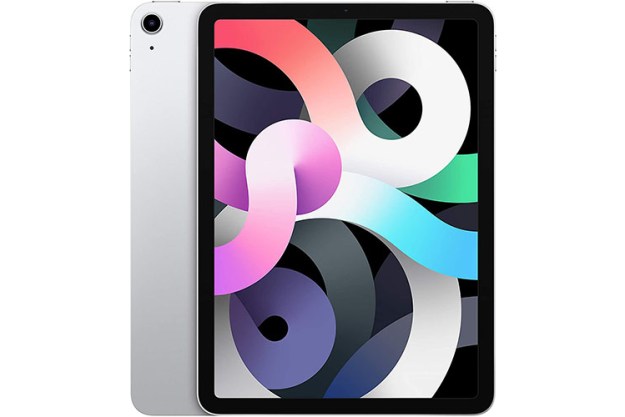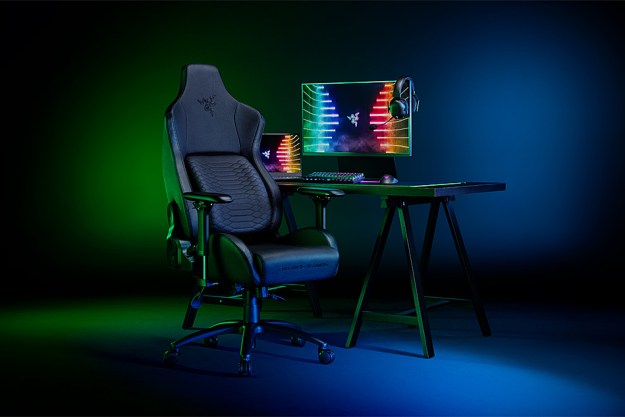Virtual reality is a feast for the eyes and ears, but what about the rest of your body? Companies are experimenting with ways to incorporate touch into VR experiences, and while products like the Sense Glove are cool, the Teslasuit is an effort to more fully immerse people in virtual environments by providing (almost) every inch of your body with haptic feedback. At CES, Digital Trends talked to Teslasuit CEO Dimitri Mikhalchuk about the suit’s progress.
The suit uses an “electro-tactile haptic feedback system” to really put you inside the games you’re playing. “It covers the entire body. Currently we have 68 channels, we’re going to expand to even more by the time we hit the consumer level,” Mikhalchuk said. “It provides the sensations, anything from stroke to hard impact … but the hard impact we’ve specifically limited to the own wearer’s strength, not to damage any tissue or anything, to keep it safe.”
In theory, you’ll be able to feel when you bump into walls, or reach out to touch something in-game.
“Our electro-tactile haptic feedback system gives you the ability to touch and feel objects inside the virtual world,” says the project’s Kickstarter page.
The haptic feedback system, which stimulates your nerves directly with electricity so you can “feel” things in the virtual environment, is already common in the world of physical therapy. It’s likely the suit could be useful in those contexts, but for now the marketing seems focused squarely on the virtual reality market, a market that Mikhalchuk thinks is slowly reaching its potential.
“For the consumer market, we think there’s not enough headsets yet …” he said. “VR is getting untethered. Compared to Teslasuit, Teslasuit has been untethered from the very beginning. It’s built with multiplayer in mind straightaway, so we can have multiple users in the same area, or across the internet.”

The Teslasuit has started shipping out developer kits for game designers (since VR equipment lives or dies based on the software available), and hopes to have consumer models available in 2019. Full-body haptic feedback is one of the missing links between virtual reality as we know it today and a completely immersive “holodeck” experience, so we doubt the company will have trouble finding VR pioneers willing to pony up the cash.






